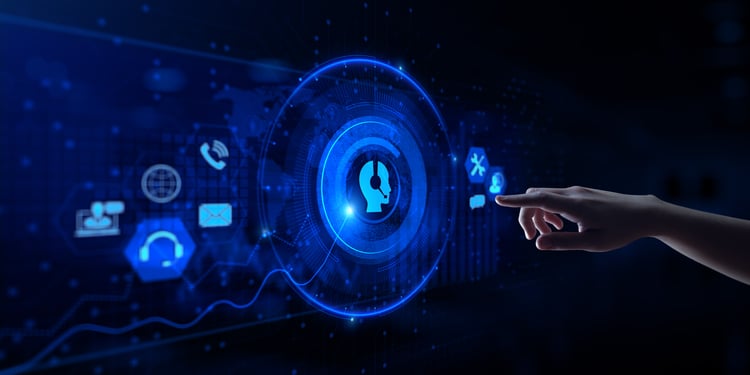| Join us live for ECGT5020 -- Regulations for Voice-UC Providers. This course taught live online, and is ideal for engineering leadership, and is updated regularly with the latest technical assessment of rules affecting Voice service providers. |
The FCC's proposed rules for implementing SHAKEN/STIR to fight Robocalling raise intriguing issues for engineers implementing Robocalling protections.
"Alexa, Call Grandma." One-way voice services are now regulated under the TRACED Act. Historically, we were primarily concerned with the capabilities and functions of devices that can both place and receive calls to the telephone network. (NPRM Paragraph 37)
Intermediate Provider Requirements. The law didn't explicitly call out intermediate providers -- those companies that routes calls in between the originator and the terminator. The FCC is giving a lot of thought to requirements on those intermediate providers, including a plan to make intermediate providers create an Identity header for any call that's missing one. And what if intermediate providers decide to modify the Identity header if one is already there? (NPRM Section B, Paragraph 61)
Circumventing the system by using non-IP (TDM) providers. The US has a large number of providers for whom the rules make legacy SS7 and TDM the only viable option. The FCC is looking to prevent the use of any TDM providers as loopholes around SHAKEN/STIR. (Paragraph 66)
Monitoring Compliance. FCC is considering a requirement to ensure that the SHAKEN/STIR Identity header be reliably delivered to its destination endpoint (i.e., the person who should see reliably caller ID actually does get it). (Paragraph 71)
When have we "begun to implement the STIR/SHAKEN"? The FCC is proposing that when a single device in the network -- e.g., an application server or SBC -- has been configured to enable it, then the implementation has begun. That may lead some implementors to prioritize a partial implementation to comply with dates under the ruling. (Paragraph 109)
Join us live for ECGT5020 -- Regulations for Voice-UC Providers. This course taught live online, an is ideal for engineering leadership, and is updated regularly with the latest technical assessment of rules affecting Voice service providers.


